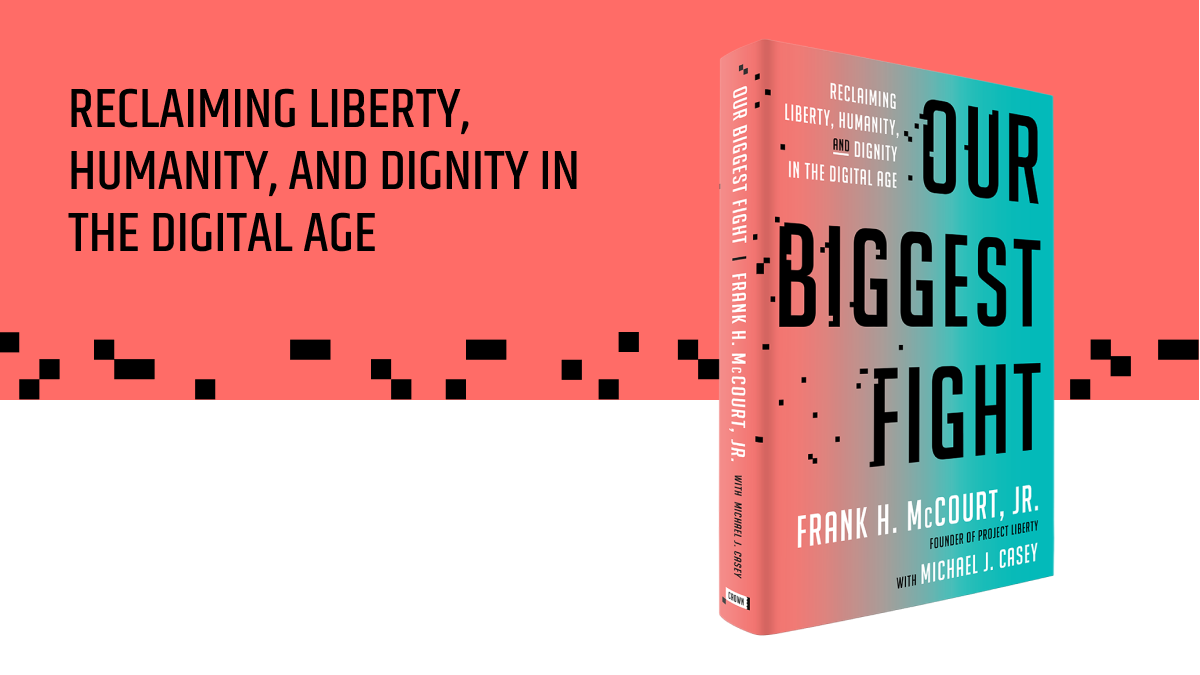Thomas Jefferson's timeless wisdom on honesty offers a profound perspective on our digital age, where the principles of truth and transparency are increasingly challenged. To start one of our book’s chapters, I wanted to include a quote from the second president, “Honesty is the first chapter in the book of wisdom,” to stress the importance of speaking truthfully from the outset when engaging an audience with the support of an AI.
Jefferson's Warning: A Timeless Tale of Exploitation
In researching the quote, I found the full text and context of his words and realized Jefferson had much more to offer in this age of AI. Here is the full text of the quote:
But I see nothing in this renewal of the game of ‘Robin’s alive’ but a general demoralization of the nation, a filching from industry it’s honest earnings, wherewith to build up palaces, and raise gambling stock for swindlers and shavers, who are to close too their career of piracies by fraudulent bankruptcies. My dependance for a remedy however, is in the wisdom which grows with time and suffering. Whether the succeeding generation is to be more virtuous than their predecessors I cannot say; but I am sure they will have more worldly wisdom, and enough, I hope, to know that honesty is the 1st chapter in the book of wisdom." - Thomas Jefferson to Nathaniel Macon, January 12, 1819
The Digital 'Robin's Alive': A Perpetual Game of Data Capture
In Jefferson's time, children played a game called "Robin's Alive," where they passed a burning stick around a campfire. The child holding the stick when it went out was eliminated, and the last child standing won. Jefferson's letter to Macon criticized the early economy's inequities, exposing how some profited at the expense of others. In today's digital realm, a perpetual game of "Robin's Alive" plays out on smart devices as a message, meme, or trend spreads rapidly, compelling users to engage. As it does, it leaves a trail of data that fuels AI platforms, shaping the digital landscape. Users often feel an overwhelming pressure to participate, driven by a desire to be part of the conversation. This data is then used to power AI platforms, refining their algorithms and shaping the digital landscape. The more users engage with the "Robin," the more data is generated, and the more powerful the AI becomes.
The 'Filching' of Our Data: How AI Platforms Profit
Jefferson's analogy of the game to the exploitation of labor is strikingly similar to our modern-day relationship with social media and AI platforms. Just as children contested to keep the flame alive in the game, today's youth are compelled to share their thoughts and experiences on digital platforms. Unbeknownst to them, these interactions are being harvested and exploited to fuel the development of powerful AI models. This parallels Jefferson's concerns about the "filching from industry it's honest earnings" and the "general demoralization of the nation." The content, creativity, and interactions scraped from social media and the Internet are driving the foundational development of large language models and AI. Meta, for example, uses public posts and information gathered on Facebook and Instagram to train its AI.
A Historical Perspective: Learning from the Past
Jefferson himself, a prolific letter writer, often complained that his personal correspondence and responses were used for purposes he did not intend—placed into the public service of others. (Sorry, TJ, we’re doing today here too). Jefferson's letter to Macon highlights our predicament regarding social media platforms, AI, and our youth. Wisdom need not always "grow with time and suffering" if we have the foresight to learn from our predecessors. History offers a valuable introduction to Jefferson's first chapter of honesty, as the passage of time provides context and insights based on facts and truth. Companies like Meta, however, have shown a history of dishonesty, evidenced by their performance and obfuscation in dealing with the social media generation.
The Ethical Implications: Questions to Consider
As Frank McCourt wrote in his final chapter of Our Biggest Fight, we stand at a crossroads in our relationship with data. The personal, public, and collective information that fuels large generative AIs is a powerful resource, but it also presents significant challenges. McCourt's insights offer a valuable perspective on the decisions we face in controlling this data and shaping the future of AI.
Before putting a generative AI into your service, ask yourself:
- Robin's ‘AI’ive: How was the "Robin" of data passed along, tracked, and captured? What sources of content and truth were used?
- Modern-Day Filching: Does the AI's training data involve the "filching" of user data? How does the organization justify the use of this data?
- History of Truth: How transparent and honest is the organization now and in its history regarding the usage and protection of personal, public, and collective information?
The answers to these questions should be decisive factors in your choice of AI platform. By considering them, you can better evaluate the ethical implications of AI and ensure that it is developed and used responsibly, both as an individual and as an organization.
Further Reading and Resources

Site and resources to the Book by Frank McCourt, Our Biggest Fight. The final chapter focuses on the decision regarding AI and access and control of our data.

Head over to Monticello to read historical references from the second president.

Meta Has Run Hundreds of Ads for Cocaine, Opioids and Other Drugs
Instagram and Facebook, already under federal investigation, still collect revenue from ads that violate its policies. - WSJ July 31, 2024.

Read Jonathan Haidt's book, “Anxious Generation,” to see how social media and smartphones have transformed a generation and imagine what AI will do to this next generation.













